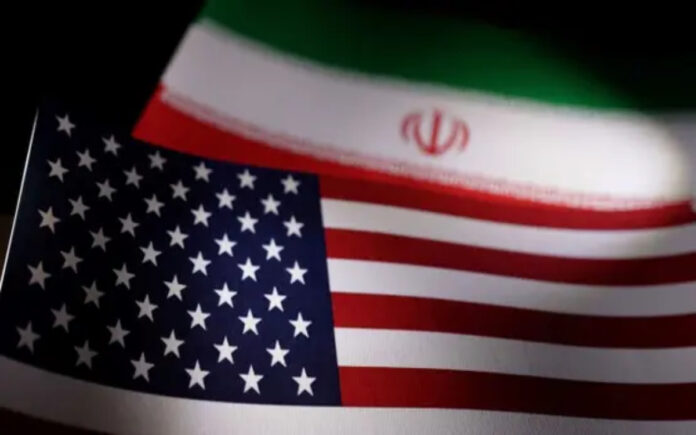Washington: The Trump administration on Thursday imposed fresh sanctions on a third Chinese independent oil refinery, also known as a “teapot” refinery, and port terminal operators in China for their involvement in purchasing Iranian oil. This move comes ahead of a forthcoming round of U.S.-Iran nuclear talks.
The U.S. Treasury Department designated Hebei Xinhai Chemical Group, a refinery, and three companies for operating a terminal at Dongying Port in Shandong province. The U.S. accuses them of facilitating the purchase and delivery of hundreds of millions of dollars worth of Iranian oil.
This is the latest in a series of sanctions targeting independent Chinese refineries, part of the Trump administration’s broader “maximum pressure” policy aimed at curbing Iran’s nuclear ambitions and its funding of militant groups across the Middle East by restricting its oil revenue.
Treasury Secretary Scott Bessent emphasized the administration’s ongoing commitment: “The United States remains resolved to intensify pressure on all elements of Iran’s oil supply chain to prevent the regime from generating revenue to further its destabilizing agenda.”
The next round of U.S.-Iran talks is expected to take place in Oman’s capital over the weekend, where the two countries will discuss Iran’s nuclear program.
Previously imposed sanctions on two small Chinese refiners led to disruptions in oil deliveries, prompting these refiners to halt their Iranian oil purchases and, in some cases, sell the product under other names, sources familiar with the situation revealed. The sanctions have also started to deter larger independent Chinese refiners from purchasing Iranian crude, according to three sources.
Xinhai, based in Cangzhou, is one of China’s largest independent refiners outside Shandong’s teapot hub. The refinery operates a 120,000 barrel per day (bpd) facility, along with a 5-million-metric-ton annual bitumen plant. Its 74,000 bpd crude import quota ranks among the largest for plants of its size. Xinhai did not immediately respond to requests for comment.
Iran’s U.N. mission in New York also did not respond promptly to requests for comment.
China’s opposition to U.S. sanctions remains firm. Liu Pengyu, spokesperson for China’s embassy in Washington, stated: “China has always firmly opposed the U.S.’s abuse of illegal unilateral sanctions and ‘long-arm jurisdiction.'” He further stressed, “The U.S. should stop interfering with and undermining the normal economic and trade cooperation between China and Iran.”
Also Read | IAG Places Major Order for 71 Long-Haul Aircraft from Airbus and Boeing
Port Penalties
The Treasury Department also imposed sanctions on three companies involved in the operation of the Dongying Port terminal: Baogang (Dongying Donggang) Logistics and Warehousing Co., Ltd., Shandong Jingang Port Co., Ltd., and Shandong Baogang International Port Co., Ltd. These companies have facilitated the delivery of more than one million barrels of Iranian oil.
Additionally, the U.S. Office of Foreign Assets Control (OFAC) designated several companies, vessels, and captains that facilitated Iranian oil shipments, labeling them as part of Iran’s “shadow fleet” of tankers. The sanctions block the U.S. assets of these entities and prohibit Americans from doing business with them.
Among those sanctioned were Star Twinkle Shipping Limited, Hong Kong Prime Trading Co., Limited, Embrace Que Limited, Nissho Lines Incorporated, Propitous Forever Trading Co Ltd, and Skadi Limited. The U.S. also blocked several tankers, including STAR TWINKLE 6, LAMD, SKADI, IMPALAS, BIG MAG, and THANE.
Also Read | Hong Kong Interbank Rates Plunge as Cash Inflows Surge Amid Global Shifts
Analysis of Sanctions
Geopolitical risk analyst Fernando Ferreira noted that the latest sanctions are an incremental step, continuing to pressure Chinese importers of Iranian oil without signaling a major shift in policy. “Today’s sanctions sustain pressure on Chinese importers but fall short of a turning point for Iranian exports, as the Trump administration continues to hold off on targeting Chinese state-owned enterprises,” said Ferreira. He also suggested that if China refuses to curb imports, the U.S. may escalate its sanctions and target more sensitive entities.



